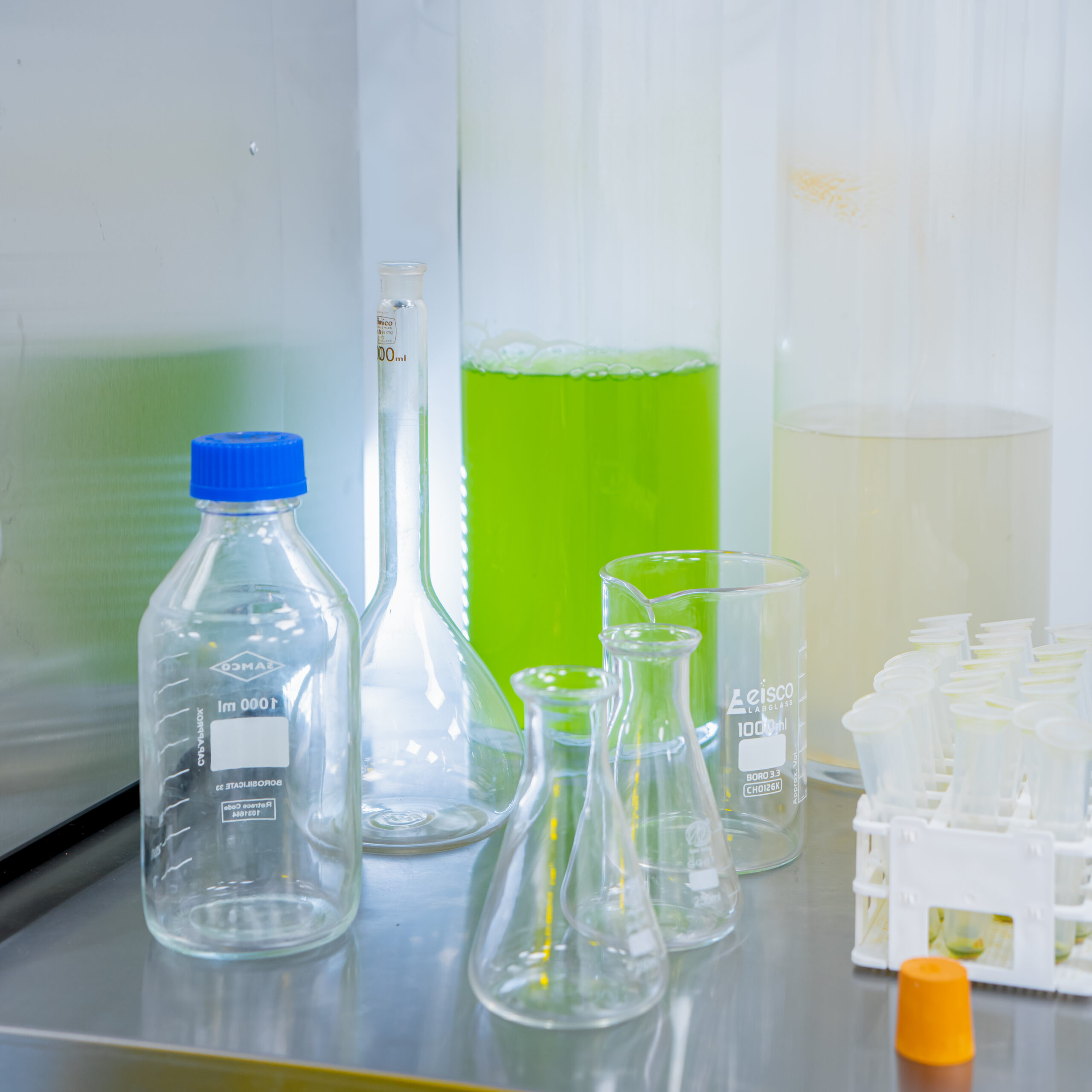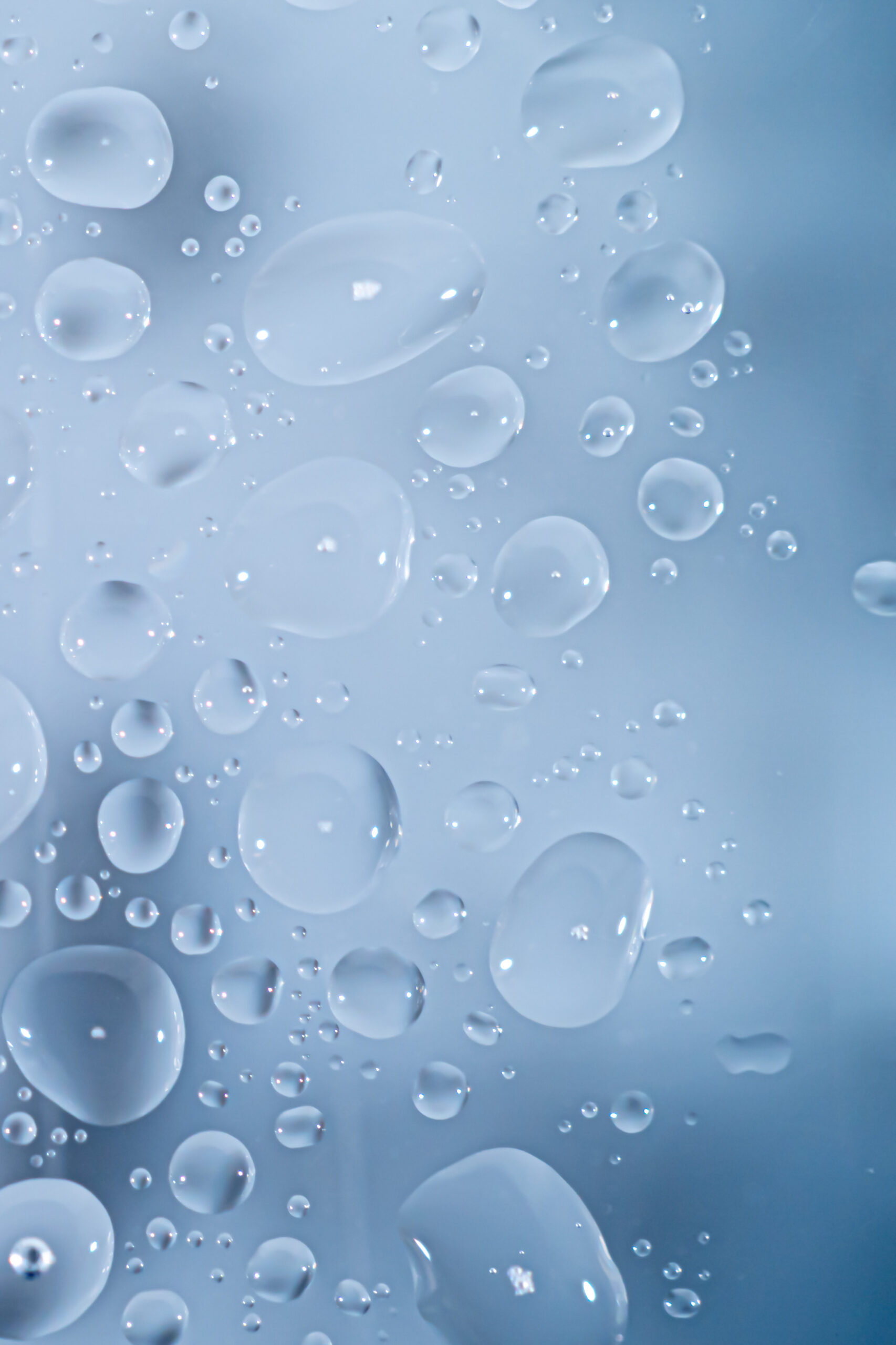- Face
- Body + Hand
- Hair
- Candles
- Parfum
- Subscriptions
- Nutrition
- Gifts
- Treatments
- Visit
- Academy
- Journal
What are Lab Grown Ingredients?
What are Lab Grown Ingredients?
We believe the next thing in sustainable beauty is creating sustainable technology for creating and manufacturing ingredients in the lab.
One of the first things we turned our attention to was the harvesting of seaweed, our star ingredient. We harvest everything by hand off of the sandy beaches in Margate.
Lab-grown ingredients in skincare refer to bio-identical substances created in a laboratory rather than being extracted from natural sources. This means the use of lab-grown ingredients in skincare can be more sustainable for several reasons:

Reduced dependence on natural resources:
Extracting ingredients from natural sources can damage the environment and contribute to the depletion of natural resources. The amount of land and water required for cultivating and harvesting ingredients is staggering; creating things in lab conditions or vertical farms can massively reduce this impact.
Reduced carbon footprint:
Lab-grown ingredients can be produced with fewer resources and less energy than extracting ingredients from natural sources. This impacts harvesting, transportation and manufacturing.
Consistency and purity:
Lab-grown ingredients are created in a controlled environment, which can result in greater consistency and purity than natural ingredients, which can vary based on growing conditions and other factors.

Here are some examples of lab-grown ingredients in skincare:
Hyaluronic Acid:
This is a popular ingredient in skincare products due to its ability to hydrate and plump the skin. Hyaluronic acid can be synthesized in a laboratory, making it a more sustainable alternative to extracting it from animal sources.
Peptides:
Peptides are chains of amino acids that can help stimulate collagen production in the skin, reducing the appearance of fine lines and wrinkles. Peptides can be synthesized in a laboratory, making them a more sustainable alternative to animal-derived peptides.
Retinoids:
Retinoids are vitamin A derivatives that can help improve the appearance of fine lines, wrinkles, and acne. Synthetic retinoids can be created in a laboratory, making them a more sustainable alternative to retinoids derived from animal sources.
Squalane:
Squalane is a popular moisturizing ingredient in skincare products. While squalane is traditionally sourced from shark liver oil, it can also be synthesized in a laboratory from plant sources like sugar cane or olives, making it a more sustainable option.
Overall, lab-grown ingredients in skincare offer a more sustainable alternative to traditional, natural ingredients, and they can help reduce the skincare industry’s environmental impact.
We use cookies on our website to give you the most relevant experience by remembering your preferences and repeat visits. By clicking “Accept All”, you consent to the use of ALL the cookies. However, you may visit "Cookie Settings" to provide a controlled consent.Manage consentPrivacy Overview
This website uses cookies to improve your experience while you navigate through the website. Out of these, the cookies that are categorized as necessary are stored on your browser as they are essential for the working of basic functionalities of the website. We also use third-party cookies that help us analyze and understand how you use this website. These cookies will be stored in your browser only with your consent. You also have the option to opt-out of these cookies. But opting out of some of these cookies may affect your browsing experience.Necessary cookies are absolutely essential for the website to function properly. These cookies ensure basic functionalities and security features of the website, anonymously.Cookie Duration Description cookielawinfo-checkbox-analytics 11 months This cookie is set by GDPR Cookie Consent plugin. The cookie is used to store the user consent for the cookies in the category "Analytics". cookielawinfo-checkbox-functional 11 months The cookie is set by GDPR cookie consent to record the user consent for the cookies in the category "Functional". cookielawinfo-checkbox-necessary 11 months This cookie is set by GDPR Cookie Consent plugin. The cookies is used to store the user consent for the cookies in the category "Necessary". cookielawinfo-checkbox-others 11 months This cookie is set by GDPR Cookie Consent plugin. The cookie is used to store the user consent for the cookies in the category "Other. cookielawinfo-checkbox-performance 11 months This cookie is set by GDPR Cookie Consent plugin. The cookie is used to store the user consent for the cookies in the category "Performance". viewed_cookie_policy 11 months The cookie is set by the GDPR Cookie Consent plugin and is used to store whether or not user has consented to the use of cookies. It does not store any personal data. Functional cookies help to perform certain functionalities like sharing the content of the website on social media platforms, collect feedbacks, and other third-party features.Performance cookies are used to understand and analyze the key performance indexes of the website which helps in delivering a better user experience for the visitors.Analytical cookies are used to understand how visitors interact with the website. These cookies help provide information on metrics the number of visitors, bounce rate, traffic source, etc.Advertisement cookies are used to provide visitors with relevant ads and marketing campaigns. These cookies track visitors across websites and collect information to provide customized ads.Other uncategorized cookies are those that are being analyzed and have not been classified into a category as yet.Free UK shipping via Royal Mail when you spend over £65 - Body + Hand




















